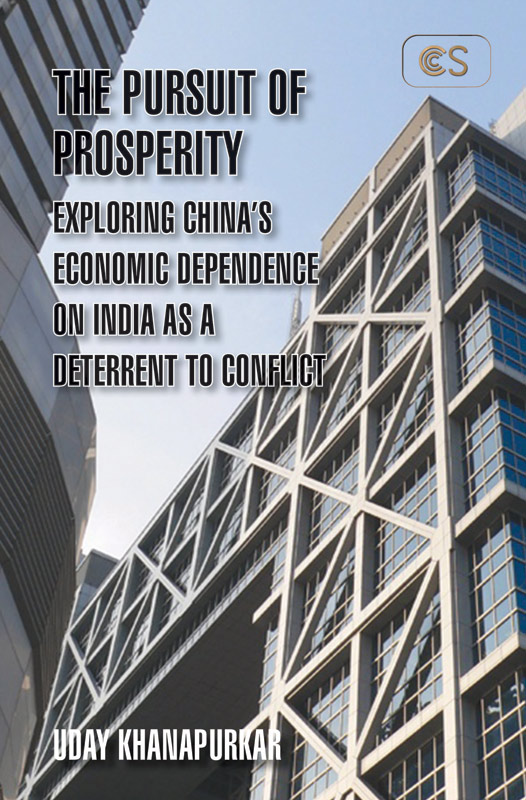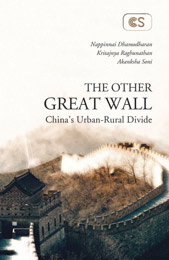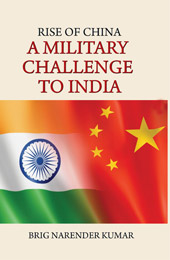Subjects
Recent View(s)
- Cyber Warfare: The Power of the Unseen
- Pakistan and Afghanistan: The (in)stability Factor in India’s Neighbourhood
- China, India and the Future of International Society
- Eurasian States: Socio-Economic and Political Processes
- International Security and Peacebuilding Africa, The Middle East, And Europe
- Expanding Horizon of India’s Southeast Asia Policy: ‘Look’, ‘Move’ and ‘Act’ East
- The Pursuit of Prosperity: Exploring China’s Economic Dependence on India as a Deterrent to Conflict
- Major Powers and the Korean Peninsula: Politics, Policies and Perspectives
- Stirring of the Soul: Selection of Poems
- Political Faultlines in the Middle East
- BALOCHISTAN in the Crosshairs of History
- Contiguity, Connectivity and Access <br> The Importance of the Bay of Bengal Region in Indian Foreign Policy
- Politics of Change in Middle East and North Africa since Arab Spring A Lost Decade?
- Asian Defence Review 2022 <br> Diplomacy in Turmoil: A Year of Turbulence
- The Contribution of The Jubbulpore Mutiny to India’s Freedom: Did the INA also have a Role?
- Kargil Review Committee Report and Indian Media-Military Relationship: Journey and Impact
- Geopolitical Shifts and Opportunities: New Horizons in India-Southeast Asia Relations
- India and The UN Peace Operations: In Service of Humanity and Global Peace
- India and Rok Partners of Strategic Trust in the Indo-Pacific
- DHANBAD: The Economics of Coal-The Mafia
- Indian Parliament Shaping of Foreign Policy
- Ukraine, Russia and Europe: Emergence of a New Cold War
- Empires of The Mind: International Society and the Search for a New Order
- BANGLADESH 2025: The New Bastion of Islamic Terrorism
- Operation Sindoor: Rewriting the India Pakistan Rulebook
- Waiting Games: The Politics of Patience in Indo-Pacific Strategy
The Pursuit of Prosperity: Exploring China’s Economic Dependence on India as a Deterrent to Conflict
Uday Khanapurkar
Was China’s rapidly expanding economic engagement with India in the period subsequent to its accession to the WTO in 2001 capable of acting as a restraint on conflictual behaviour targeted at its Asian neighbour? Will it be so in the near future? Does China’s pursuit of prosperity contain the germ for peace with India? These questions have acquired crucial significance in the Asian regional hierarchy as Sino-Indian relations in the 21st century experienced a widening hard power gap in China’s favour in accompaniment with the growing trade relationship. Drawing from the insights of a large oeuvre of literature investigating the nexus between economic interdependence and conflict, the author reconciles conventional theories of interdependence in international relations with contemporary Sino-Indian relations. With bilateral relations strained on account of border antagonisms and the perceived security dilemma, the extent to which greater economic intercourse is factored into China’s conflict calculus with India, is increasingly relevant to the future of peace in Asia. It is hoped that an interdisciplinary, theoretical retrodiction of Sino-Indian relations since 2001 can provide indispensable cues in constructing policies charged with maintaining peace in the future.


 Political Science
Political Science


